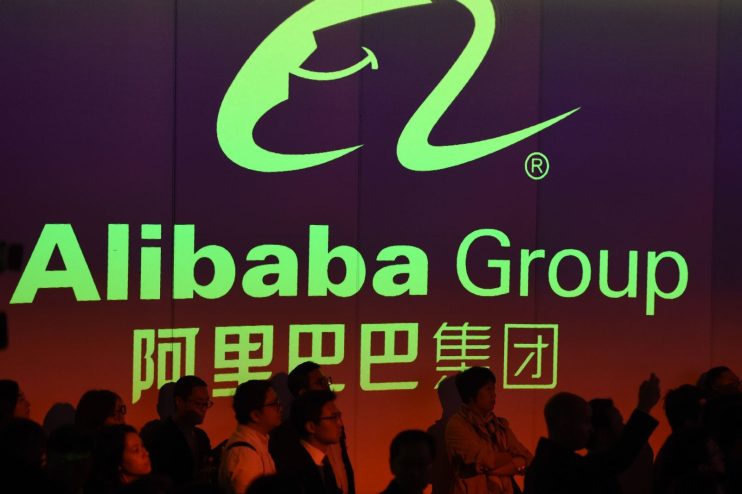China cracks down on tech giants with anti-monopoly laws

China has outlined proposals for tough new regulations on tech giants, ramping up the pressure on powerful ecommerce sites and payment platforms such as Alibaba.
The country’s State Administration for Market Regulation (SAMR) said the rules were designed to curb monopoly power and block companies from carrying out anti-competitive practices.
The new laws are likely to apply to ecommerce groups such as Alibaba and JD.com, as well as payment services including Ant Group’s Alipay or Wechat Pay, which is owned by Tencent.
Food delivery platforms such as Meituan could also be included under the definitions.
The rules would also consider whether companies treat different customers in different ways based on data, payment ability, consumption preferences and usage habits.
The mooted regulations mark increasing tensions between Beijing and China’s booming tech sector, and sparked a sell-off of major tech shares in China.
Alibaba shares were trading almost nine per cent lower today, while JD.com and Tencent dropped more than eight per cent and six per cent respectively.
The move follows Beijing’s shock intervention in the planned $34bn initial public offering of Alibaba subsidiary Ant Group, which was set to be the world’s largest ever float.
Chinese authorities cited the need for greater regulatory scrutiny of internet platforms as the reason for halting the listing.
The draft rules, which were published yesterday, will look to crack down on practices such as “choose one between two”, which prevents brands from selling on multiple platforms.
A number of competitors and merchants have accused Alibaba of adopting this practice on its sites.
China’s efforts to crack down on tech giants mirror similar moves in the US and the EU, as regulators scrutinise the growing power of digital platforms.